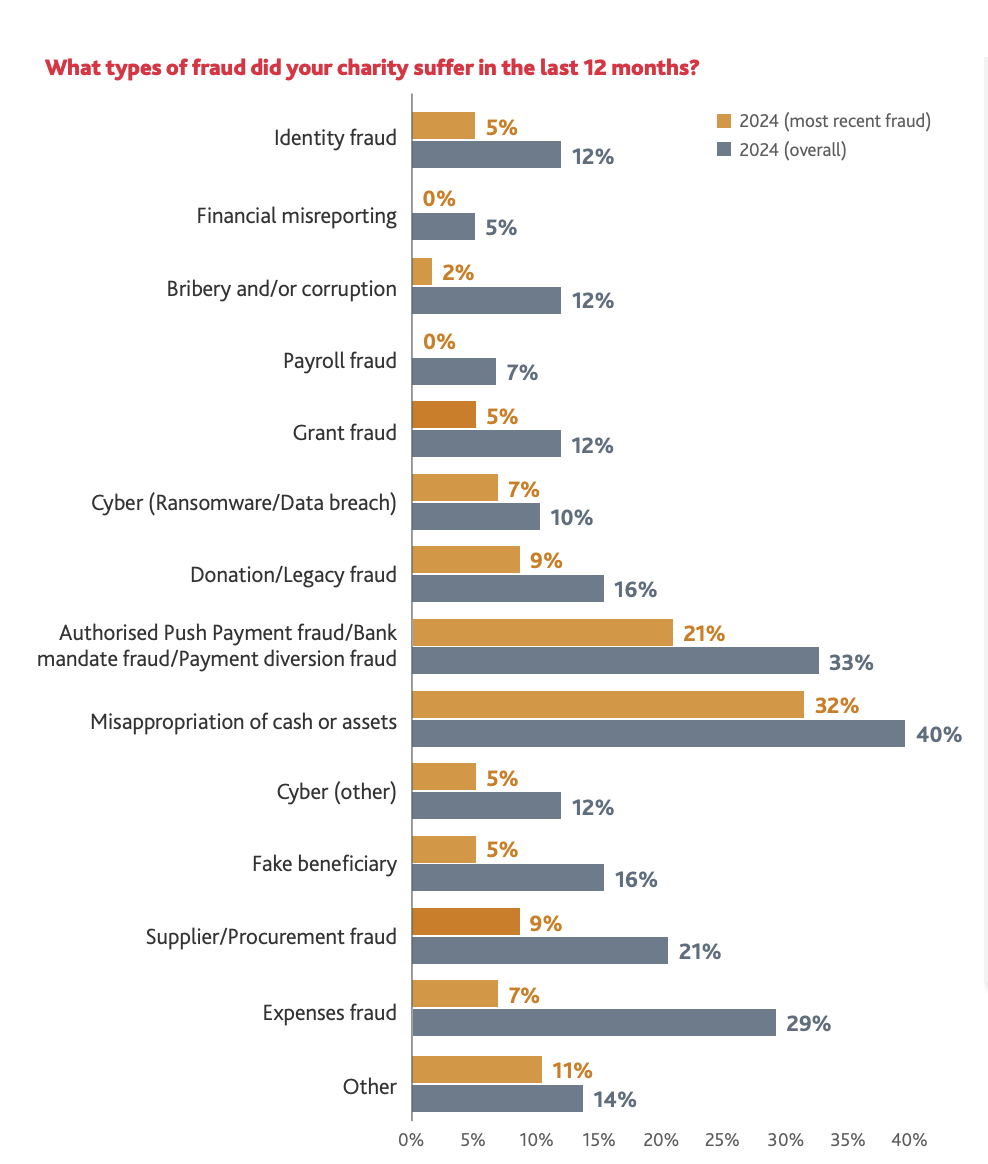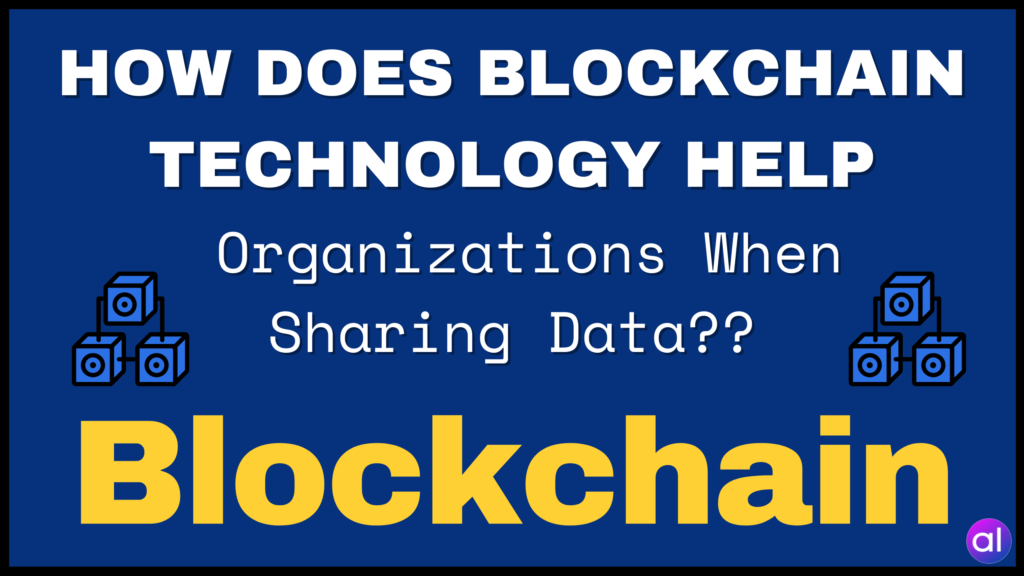Slow, bureaucratic processes often hinder the efficiency of traditional charities in addressing their causes. Budget mismanagement and lack of transparency in allocating donor funds have resulted in misused funds and public scrutiny.
BeInCrypto had a conversation with Sandeep Nailwal, co-founder of Polygon Labs and founder of Blockchain for Impact, regarding how blockchain technology can revolutionize philanthropy by decentralizing it, improving speed and transparency, and eliminating the need for intermediaries.
Challenges in Traditional Charity Structures
Recent events have shed light on the flaws of traditional charitable giving models. Lack of transparency in donation processes has led to some nonprofits misusing funds and spending them inadequately, leading to public backlash.
One example is the Wounded Warrior Project, where leaders misused tens of millions of dollars on lavish expenses, diverting funds from veteran services. This misuse of funds has been a recurring issue with organizations like the Cancer Fund of America, the Trump Foundation, the American Red Cross, and the Kids Wish Network.
“The challenge in traditional philanthropy is that donors often rely on organizations’ reports rather than having direct visibility into how funds are used,” Nailwal told BeInCrypto.
A survey by BDO in 2024 revealed that 42% of respondents reported instances of fraud in charity organizations, with misappropriation of cash or assets being the most common type of fraud.

Misappropriation of cash or assets is a leading cause of charity fraud. Source: BDO UK.
Given these challenges, nonprofits are exploring alternative mechanisms to ensure donor funds reach their intended causes effectively.
Blockchain Technology for Trust and Efficiency
Nailwal, in addition to his role at Polygon Labs, has spearheaded initiatives like Blockchain for Impact to leverage blockchain technology for transparent and efficient donation processes.
“Blockchain has the potential to enhance philanthropy by increasing trust and efficiency. With blockchain, every transaction can be recorded, traceable, and immutable, eliminating the need for blind trust,” Nailwal explained.
Blockchain can expedite the donation process, particularly crucial in time-sensitive situations like crisis response. Smart contracts can automate fund disbursement based on real-world triggers, reducing bureaucratic delays in traditional charities.
“Smart contracts could enable automatic fund disbursement based on verified disaster reports or health emergencies, ensuring aid reaches those in need faster,” Nailwal highlighted.
Several major charities have already started adopting blockchain technology for more efficient fund management.
Adoption of Blockchain by Traditional Charities
The Bill and Melinda Gates Foundation, through its Level One Project, has been exploring blockchain technology since 2015 to enhance financial services for the unbanked. The foundation also launched Mojaloop in 2017 for interoperable payment solutions.
In 2022, the UNHCR introduced a blockchain-based payment system for displaced Ukrainians, enabling quick and secure access to aid funds via digital wallets.
Despite promising solutions, Nailwal acknowledges the challenges in fully implementing decentralized philanthropy.
Building a Resilient Philanthropic System
Nailwal’s experience with the COVID-Crypto Relief Fund during India’s second wave of the pandemic highlighted the barriers to implementing Web3 technology in charitable organizations.
“While we are implementing decentralized giving principles, full decentralization remains an aspirational goal due to regulatory and technical challenges,” Nailwal noted.
While blockchain can enhance philanthropic transactions, regulatory compliance remains a hurdle. Integrating blockchain tools into charitable organizations will require a blend of traditional and emerging frameworks.



